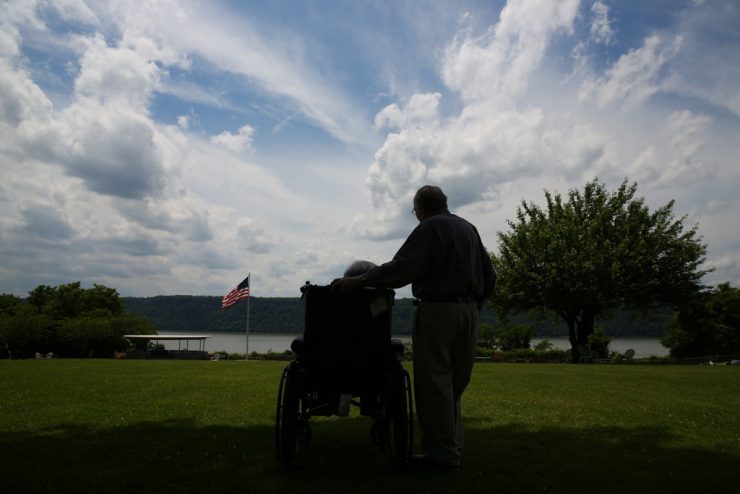Are Baby Boomers Being Selfish?
Some writers take offense at the idea, suggested in an Op-Ed article about what baby boomers owe their children.
While Glenn Kramon’s sentiments are exactly right — policies and institutions created in another era are not fit for 21st-century demographics — I’d like to make two essential points:
First, his assumptions about how boomers are behaving is out of date: 72 percent of today’s pre-retirees report that they want to work, not retire; 23 percent of new American entrepreneurs are ages 55 to 64. We are already behaving differently from 20th-century retirement norms.
Second, his solutions, while nice, don’t get to the core shift, which is for employers and the rest of us to change our views about welcoming anyone at any age to work.
With 70 percent of Americans’ disposable income held by those over 60, there is a market out there for any product or service for those of us in that age cohort. Yet less than 10 percent of all advertising targets older Americans.
Not costing our children is a good start. But staying a part of the American economic growth story itself is the real change.
Michael Hodin
New York
The writer is chief executive of the Global Coalition on Aging.
Source: New York Times
 Global Coalition On
Global Coalition On 